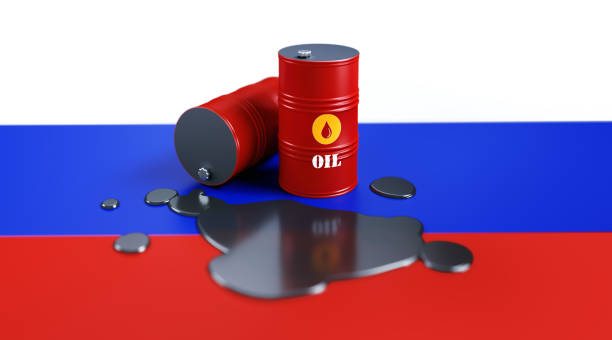Gazprom lifted stakes in the sanctions battle after the EU moved to place restrictions on most Russian oil imports and companies missed deadlines to pay in roubles.
Russia has further disconnected gas supplies to Europe after state energy giant Gazprom shut off the taps to a major Dutch trader and suspended flows to some companies in Denmark and Germany.
The escalation of the economic battle on Tuesday over Russia’s invasion of Ukraine comes after the EU’s abrupt decision to place restrictions on the majority of Russian oil imports as part of its financial sanctions against the Kremlin.
EU leaders said the sanctions would instantly impact 75% of Russian oil imports, growing to 90% by the end of 2022. Gazprom stretched out its gas cuts on May 31 by halting supply to GasTerra, which buys and sells gas for the Dutch government.
It later said that it would discontinue gas flows to Danish energy firm Ørsted and Shell Energy for its contract to supply Germany with gas, after the two companies failed to pay in roubles. GasTerra said it had obtained contracts elsewhere for the supply of the 2 billion cubic meters of gas it had been hoping to get from Gazprom between now and October.
Before the late-night talks in Brussels, Denmark had indicated that it expected its Russian gas supply to be cut off. However, Ørsted said on Monday that a gas cut would not instantly put the country’s gas at risk.
Russia Keeps Responding To Sanctions
Russia has already stopped supplies of natural gas to Poland, Bulgaria, and Finland after they declined to make payments in Russian roubles.
Gazprom said that it had been notified by Shell Energy Europe Limited that it would not pay for the gas supplied to Germany in roubles. It added that the contract specified gas supplies of up to 1.2 billion cubic meters each year.
Gazprom said Ørsted and Shell had not paid for gas deliveries by the end of the working day on May 31 and would halt deliveries until they made payments in line with Russian specifications.
Russia had asked for payments for exports in roubles earlier in the spring after the country’s currency plunged after the invasion of Ukraine, and Russia was exempted from the Swift international bank messaging system in earlier rounds of sanctions.
In that context, the EU’s energy commissioner had earlier on said that member states would have to dismiss Moscow’s demands, as the mechanism sought by Russia would have breached the bloc’s restrictions, although this left them with no alternative gas supply.
Supply cuts have steered the already high gas prices even higher, adding to surging inflation, and also pushing European governments and companies to obtain alternative supplies and infrastructure, including storage facilities.
Buy Crypto NowThe EU has encountered criticism over the last few weeks for not intensifying its sanctions on Russia. Ahead of Monday’s summit in Brussels, Ukraine’s president, Volodymyr Zelensky, pleaded with the EU leaders to act in unison against Vladimir Putin.
Under a settlement plan from the summit, Russian oil channeled through the Soviet-era Druzhba pipeline for use by the Czech Republic, Hungary, and Slovakia would be excluded from the EU restrictions.
Even with this settlement, Estonia’s prime minister has requested the EU to go ahead and work on the seventh round of sanctions against Russia, which would include an embargo on gas imports.
However, Kaja Kallas said she was not optimistic this would happen. Kallas told reporters as she arrived for the second day of talks in Brussels:
“I think that gas has to be in the seventh package but I am realistic as well. I don’t think it will be there.”









